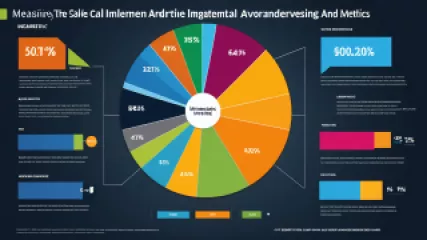How to Start a Therapeutic Writing Practice
for 1 år siden
Terapeutisk Skrivning
My Journey Toward Altruism: A Personal Reflection
for 1 år siden
Altruisme Psykologi
Measuring the Impact of Advertising: A Research Summary
for 1 år siden
Reklamers Indvirkning
The Ultimate Guide to Managing Anxiety
for 1 år siden
Angst
The Ultimate Guide to Overcoming Anxiety with Online Mindfulness Sessions
for 1 år siden
Angst
How Can I Overcome Mental Fatigue?
for 1 år siden
Løsninger på Mental Træthed
My Journey to Rediscover My Inner Drive
for 1 år siden
Motivation
8 Proven Ways to Combat Mental Fatigue
for 1 år siden
Løsninger på Mental Træthed
How to Manage Anxiety Through Online Mindfulness Sessions
for 1 år siden
Angst
My Journey to Effective Behavior Management
for 1 år siden
Adfærdsstyring
How Virtual Writing Workshops Can Improve Mental Health
for 1 år siden
Terapeutisk Skrivning
The Impact of Advertising on Coaching Practices
for 1 år siden
Reklamers Indvirkning
10 Surprising Ways Altruism Can Enhance Your Therapy Practice
for 1 år siden
Altruisme Psykologi
Unlocking Cognitive Function: 5 Proven Memory Improvement Techniques
for 1 år siden
Forbedring af Hukommelsesteknikker
10 Proven Memory Improvement Techniques from Scientific Research
for 1 år siden
Forbedring af Hukommelsesteknikker















